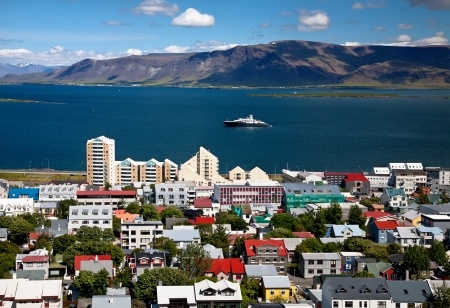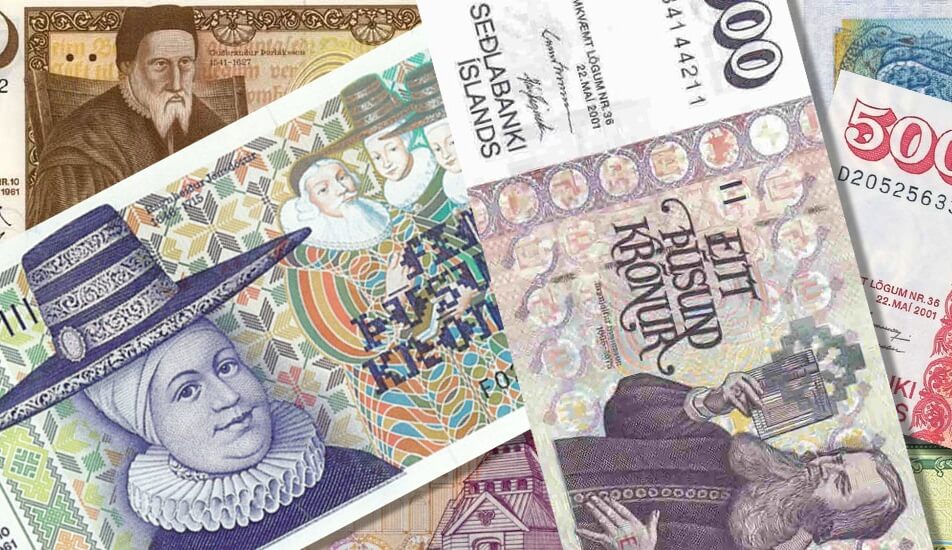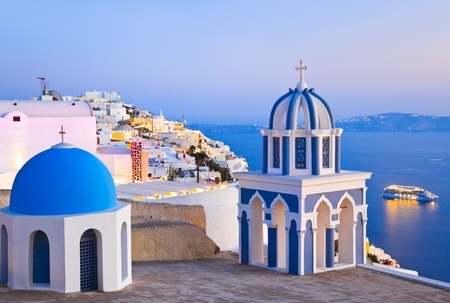Bathe in the iconic Blue Lagoon
The most iconic landmark in Iceland, the blue lagoon has to be seen to be believed. A geothermal pool sat in a lava field, the lagoon heats naturally to around 38°C. The dreamy blue waters of the lagoon are said to have healing properties and the surrounding spa complex is the ideal way to unwind after a long day of exploring.
Explore Iceland’s national parks
Iceland is known for its otherworldly landscapes, and there’s a plethora of national parks waiting to be discovered. The UNESCO World Heritage Site of Þingvellir National Park is simply stunning, whilst Snæfellsjökull National Park was the inspiration for the Jules Verne book Journey to the Center of the Earth. Vatnajökull National Park is home to Europe’s largest waterfall (Dettifoss) and Landmannalaugar boasts rugged hills, excellent hiking trails and natural hot springs.
Wander the quirky streets of Reykjavik
The most northerly capital on Earth, Reykjavik feels like a magical enclave hidden away from the world. It’s here that the majority of Iceland’s population live, and the city is alive with a buzz of activity. Brightly coloured houses line its quirky streets, side by side with old book stores, chic cafes and independent boutiques.
What currency does Iceland use?
Are you planning a trip to Iceland and wondering about the currency you'll need? Discover everything you need to know about the Icelandic krona (ISK).
Is Reykjavik expensive
If you’re thinking of travelling to Reykjavik, you won’t be disappointed. Discover our top tips for travelling to Iceland's capital on a budget.
Need to convert your pounds to króna? Order them here!
If you don’t want to carry cash on you, you’ll be able to use our Travelex Money Card, powered by Mastercard®, wherever Mastercard Prepaid is accepted.
Order your Icelandic króna
Buy Icelandic króna with a Travel Money Card
Another great option for spending in Icelandic Króna is our Travelex Money Card.
- Safe and secure - card not linked to your bank account
- Choice of 22 currencies, including Icelandic Króna
- Seamless spending with Apple Pay and Google Pay
- Manage your Icelandic Króna effortlessly via the Travelex Money App
- In case your card is lost, stolen, or damaged, our 24/7 global assistance team is here for you
Order your currency
It’s easy to pick up some Icelandic krónur from us before you head off to Iceland. All you need to do is place your order online, or top up via our app and you’ll be able to pick up your travel money from us in store or choose to have it delivered right to your home.
Order your króna










